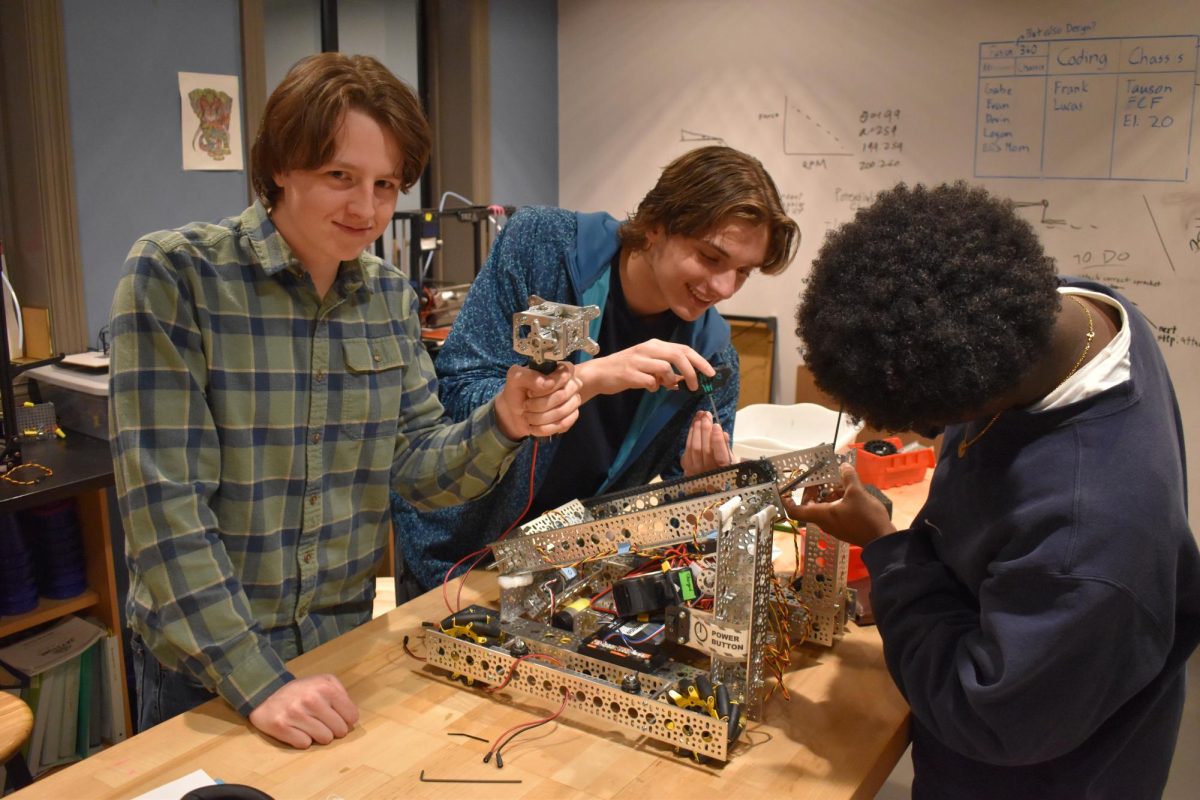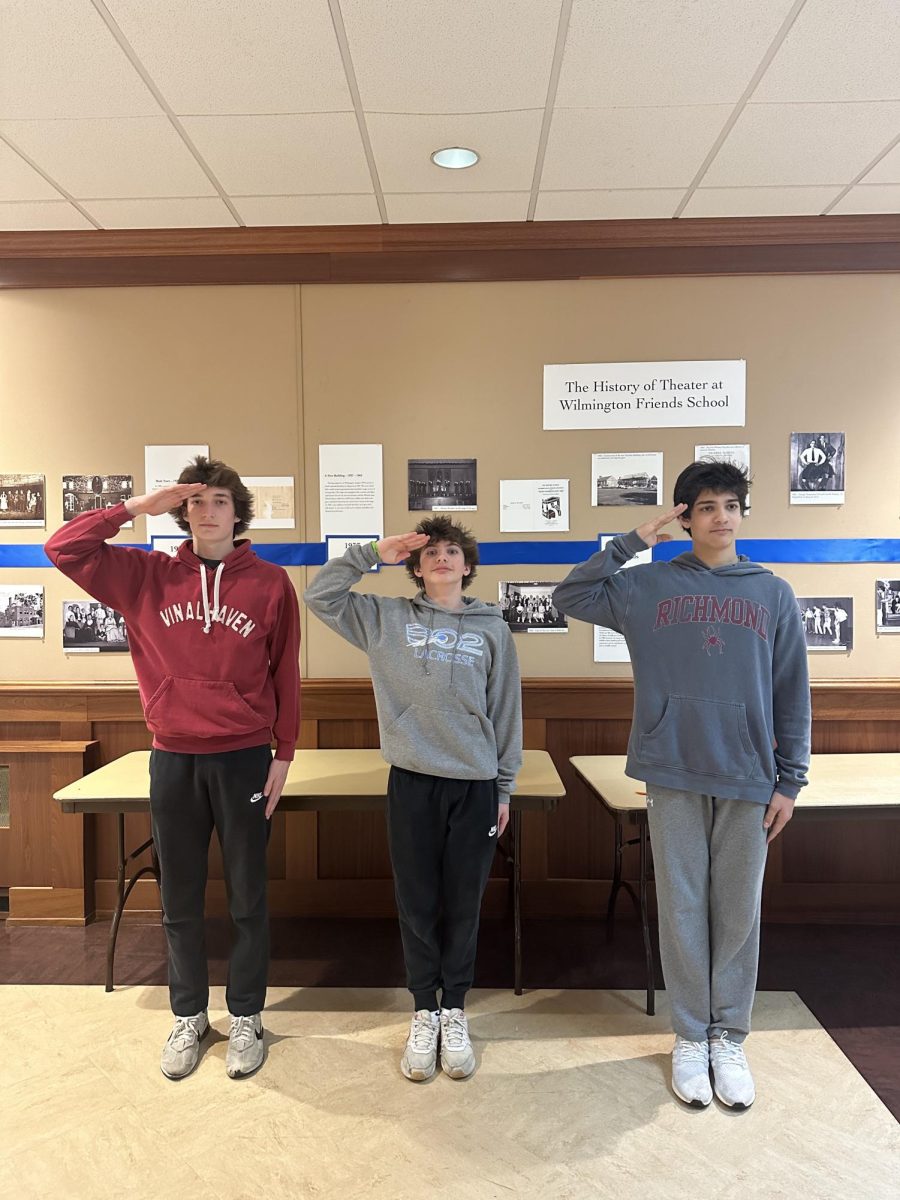Senate Report Exposes CIA Torture
February 2015
In December 2014, the senate intelligence committee released a 6,000-page report on the CIA’s interrogation techniques post-9/11. The report detailed the gruesome and psychological ways the CIA extracted and gained intelligence from suspected terrorists. The methods included sleep deprivation, prolonged standing, rectal feeding, and water boarding. After the committee released the report, it was met with a huge amount controversy and criticism, which has sparked an ongoing debate. Is torture a necessary and valid way of gaining intelligence to save American lives?
In April 2014, a Washington Post poll gathered data on the American public’s opinion on torture and if it was justified. The poll’s results indicated that 59% of Americans believed torturing terrorists is justified in some circumstances; while only 31% said torture was never justified. Evidently, the “majority” of the American public believes torture can be justified in some circumstances.
The argument for torture offers valid and convincing points. Those who are in favor of torture as a way of extracting information believe that the chance of saving innocent lives outweighs the morals behind it. Jurist and legal theorist Richard Posner justified in 2002, “If torture is the only means of obtaining the information necessary to prevent the detonation of a nuclear bomb in Times Square, torture should be used – and will be used – to obtain the information…no one who doubts that this is the case should be in a position of responsibility.” It was reported that the CIA invested eighty million dollars in two scientists to develop the most state of the art torture means and methods. Clearly the possibility of gaining intelligence is a valid reason to be in favor of torture in some cases, but what are the arguments against it?
Immediately after the committee released the torture report to the public, it was met with outrage, many condemning the methods the CIA used to gather information. Many addressed that torture is illegal under international law, and argued it is rarely effective at gathering information. Many argue that torture produces false intelligence, being that those being tortured may give false information in fear of continuing aggression. Although some arguments against torture are concrete, others are debatable.
At Wilmington Friends School, the talk about the torture report continues as students digest and discuss the news. In response to the issue, Andrew Slomski ‘17 firmly asserted his opinion, “No matter the circumstances, the immorality of torture simply cannot be justified.” Will Gatti ‘17 supported this view, adding, “I think torture is wrong considering that we signed the convention against torture in the 80’s, which prohibits torture under international law.” Considering we are a Quaker school, the majority of Friend’s students oppose torture.
Some weigh the benefit of potentially saving lives to be greater than the price of hurting others psychologically and physically. The opposing group counters that justification, finding methods of torture illegal under international law and unproductive in gathering accurate information. Undoubtedly, the released report will weigh in on foreign policy and fuel political rivalries; all we are left to do is witness it unfold.
Clearly, the release of the CIA report on torture has sparked a very important debate in American society.





















